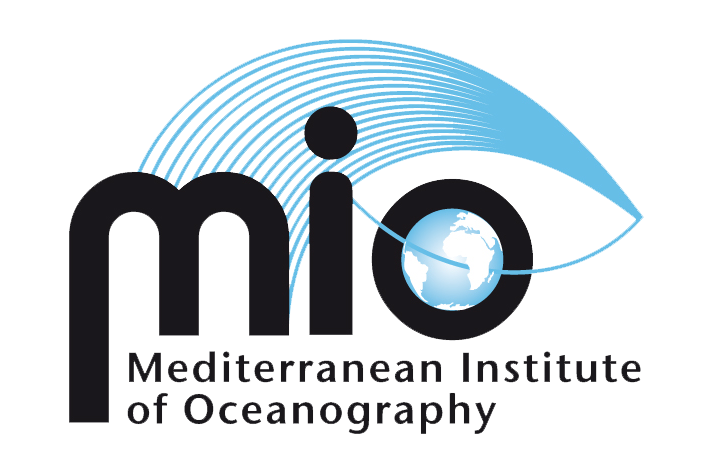The present and future of nitrogen fixation in aquatic systems
Mar Benavides, Mediterranean Institute of Oceanography, mar.benavides@ird.fr
Sophie Bonnet, Meditarranean Institute of Oceanography, sophie.bonnet@univ-amu.fr
Maren Voss, Leibniz Institute for Baltic Sea Research, maren.voss@io-warnemuende.de
Lasse Riemann, University of Copenhagen, lriemann@bio.ku.dk
Douglas Capone, University of Southern California, capone@usc.edu
Exciting work into a range of areas considering aquatic nitrogen fixation is ongoing, including fresh and marine waters. Nitrogen fixation provides a critical nutrient input in diverse freshwater and ocean ecosystems including pelagic and benthic systems. Nitrogen fixation is also subject to major changes due to rapidly shifting environmental conditions. Diazotrophs include a large variety of organisms able to thrive under diverse environmental conditions now known to include nutrient rich environments, as well as cold or deep aphotic waters. Their responses to the changing environment may therefore affect their survival and importance in various ways, including attendant shifts in ecological niches, affecting nitrogen as well as carbon cycling in aquatic systems. The multiple metabolic abilities of diazotrophs make them an attractive group for climate change mitigation and biotechnological applications. Ocean dynamics, rising temperatures, increasing levels of DIC, deoxygenation as well as various human impacts on aquatic systems affect the species composition, distribution and physiological performance of these microbes in the contemporary ocean and will most likely continue to do so in the future. Understanding the impact of interwinned environmental and anthropogenic effects requires deploying multidisciplinary research efforts ranging from single-cell approaches to modeling. This session welcomes presentations on all aspects of ongoing experimental, field and modeling work and particularly those that investigate the role of nitrogen fixation under future climate conditions. Moreover, studies that consider geoengineering solutions to mitigate climate change and the use of diazotrophs in mariculture systems for production of cosmetics and health compounds and in bioremediation are encouraged.
En savoir plus

